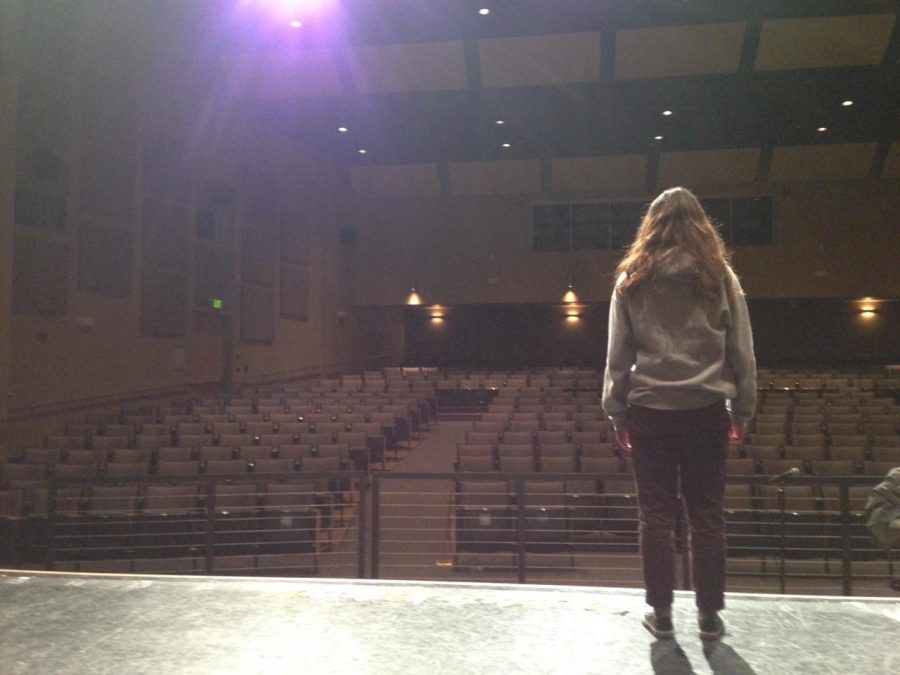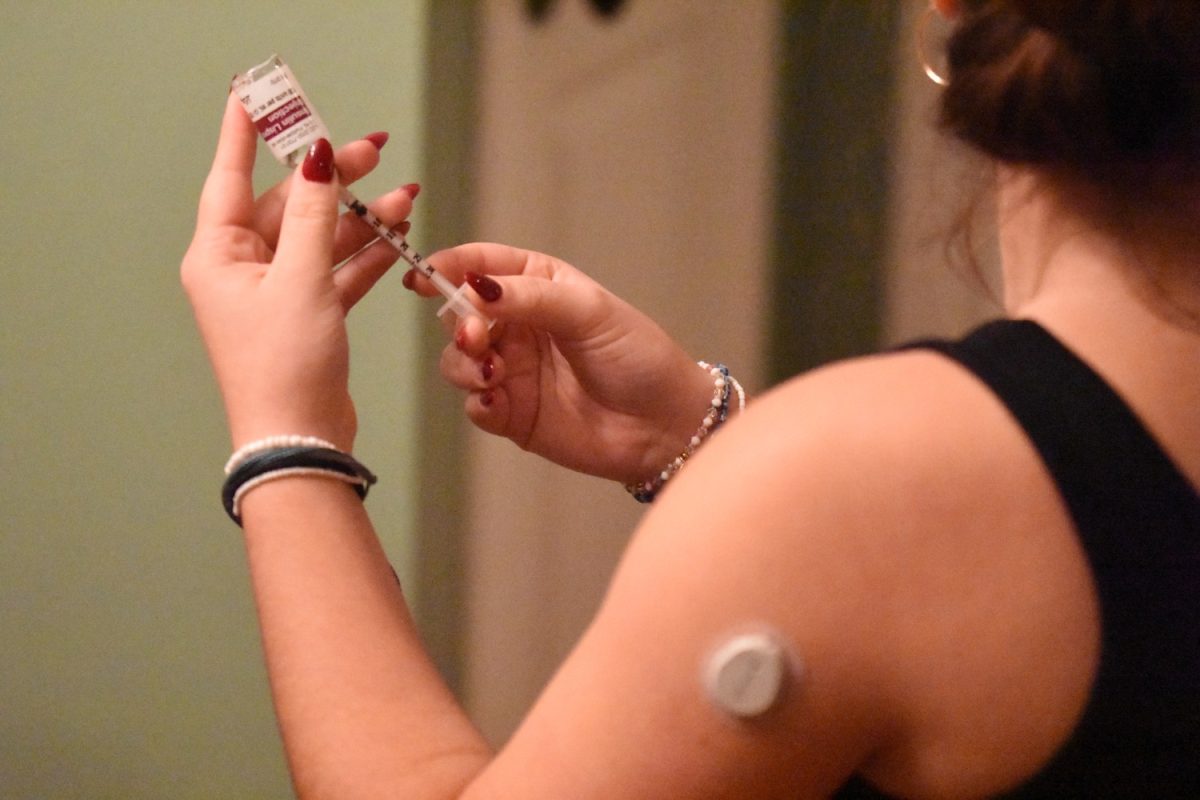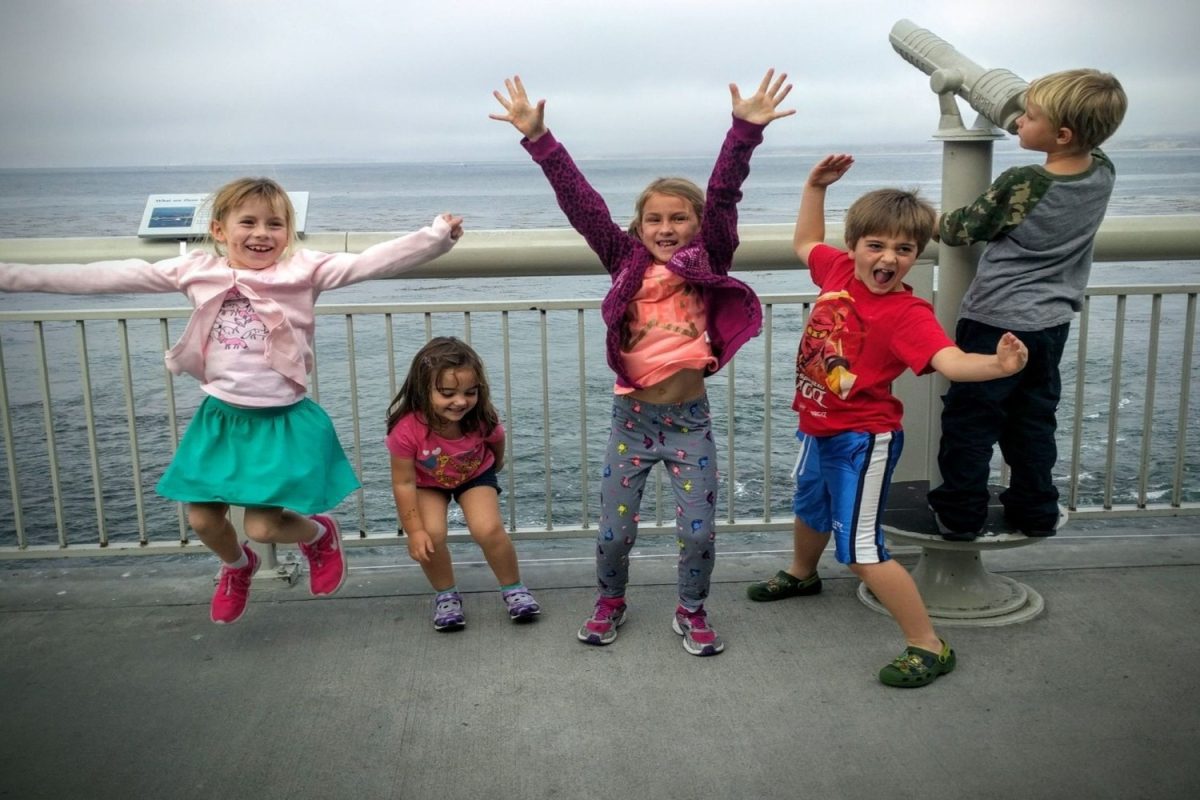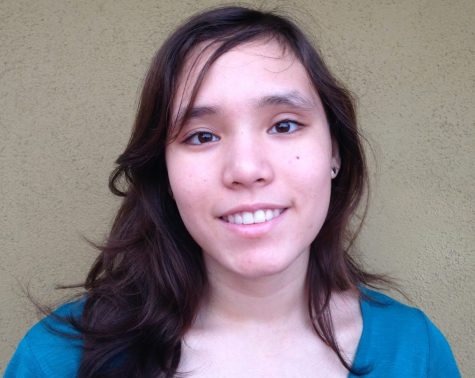A girl stands on the stage.
Her eyes look out over a sea of people, their blank stares all trained on her. Her knees tremble, and her joints are stiff like the Tin Man from the “Wizard of Oz.” Sweaty hands grasp the mic, lungs fill, and… nothing comes out.
The fear of public speaking is something that many people deal with. According to the US National Comorbidity Survey Adolescent Supplement (NCS-A) survey, about 35 percent of adolescents have a strong fear of performing in front of an audience.
Kayleigh Bhatt, a sophomore, said, “In my mind, I psych myself out. I’m like, oh they probably think I’m really weird now.”
Some may wonder why speaking in front of an audience can be so nerve wracking. This has to do with the brain’s way of keeping people out of danger. According to speakingaboutpresenting.co, that deep, irrational fear is the brain’s natural fight or flight response to situations that might hold danger.
From an emotional perspective, explaining why public speaking is scary can become more abstract. For instance, many have said that the audience’s eyes unsettle them.
“The crowd staring at you. Their eyes are scary. They’re silently judging you as you speak,” said Christian Licudine, a junior.
Licudine explains that he often feels intimidated by audiences, but adds that practicing poems at his church has helped him become better at public speaking.
“I’m improving. I’m getting there. Honestly, I’m almost at that point where I just stand there and just talk, and I don’t even care.” said Licudine.
Others employ different strategies to combat their fear of public speaking.
Freshman TJ Rodriguez said, “I imagine the different outcomes, and I can either take the risk and they’ll like it, or I can chicken out and everyone will know that I don’t have the guts to do this.”
Pep-talks and self-motivation are often used by people preparing to stand in front of a crowd.
Those who have been involved with drama or performing find that pretending to be someone else is a useful strategy.
Sophomore Viviane Lorvan said, “Pretend that you’re playing someone else’s role. [Then you won’t] have to feel so shy and introverted, because [you’re pretending] to be someone else for the moment who’s more confident until you figure out how to do that on your own.”
While pep-talks and acting can both be useful for boosting public speaking skills, many find that practicing is the most important skill of all. Even professional performers stress the need to practice often.
Bay area vocal coach and jazz virtuoso Mikki Boyd said, “Prepare. Practice. Prepare. Practice. Prepare. Practice. And when you think you’ve practiced enough, practice some more.”
According to Boyd, practicing for public speaking can take much of the stress off of being in front of a large audience. It allows one to have confidence in their knowledge on the topic, and it’s easier to think on the spot when all of the script is memorized.
For high schoolers, it’s difficult to avoid situations that require speaking in front of an audience. From history presentations to group English projects, the skill to speak in front of others can be crucial.
Meileen Jones, a junior, said, “Public speaking is a lot like regular speaking in front of just a few more people, and if you don’t know how to speak and how to communicate ideas, it’s hard to go through life.”
Later in life, the communication skills gained from confident public speaking at an early age can be vital.
Boyd, who still speaks in front of audiences as part of her profession said, “You have to learn how to communicate in front of people. It’s a social skill.”
For some, public speaking can be uncomfortable and frightening. However, it can be worse not to get up on stage and speak.
“Speak your mind and stand up without fear,” said Licudine.






















